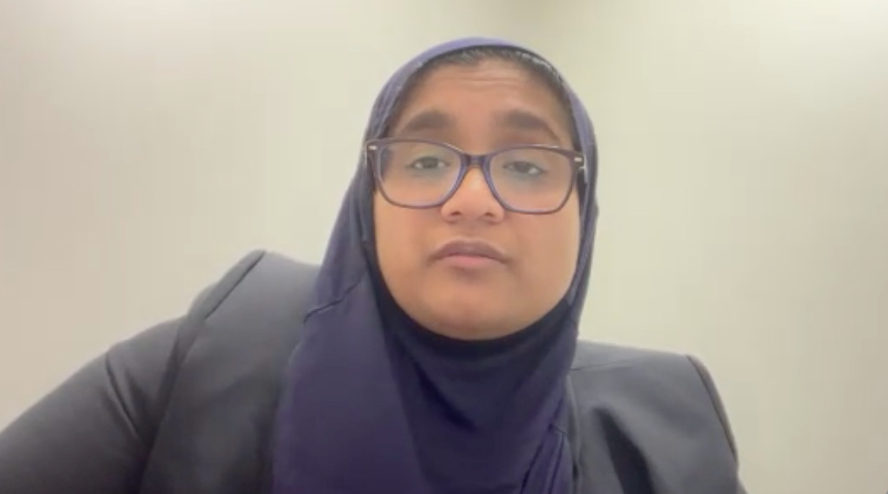
Hematologic Oncology
Latest News
Latest Videos

More News

A retrospective study sought to assess CRS and ICANS onset and duration, as well as non-relapse mortality causes in patients infused with CAR T-cell therapies.

A retrospective study sought to assess CRS and ICANS onset and duration, as well as non-relapse mortality causes in patients infused with CAR T-cell therapies.

Mismatched unrelated donor consideration may expand donor numbers, especially for those with minority ancestry seeking hematopoietic cell transplantation.

Nausheen Ahmed, MD, discusses findings from a study supporting reduced monitoring windows for patients with lymphoma who receive CAR T-cell therapy.

Flexible Monitoring for CAR T-Cell Therapy May Improve Treatment Access
Following rare CRS and ICANS incidence following CAR T-cell therapy, investigators propose a reduced 2-week monitoring period with extensions as needed.

After allogeneic hematopoietic cell transplantation, pregnancies could be carried out and were successful.

Researchers at the Mayo Clinic have found that mesenchymal stromal cells engineered with chimeric antigen receptors can enhance immunosuppression in the context of immune-related disorders.

In a collaborative effort between 18 centers, researchers have developed a system that effectively stratifies children at the onset of acute graft versus host disease for risk of non-relapse mortality over 6 months.

Frontline acalabrutinib plus bendamustine/rituximab may become a new standard therapy in MCL, according to Michael Wang, MD.

Future meetings may address how immunotherapy, bispecific agents, and CAR T-cell therapies can further impact the AML treatment paradigm.

Treatment with revumenib appeared to demonstrate efficacy among patients with KMT2A-rearranged acute leukemia in the phase 2 AUGMENT-101 study.

Approved for use in newly diagnosed and previously treated myelofibrosis, momelotinib may addresses key manifestations of the disease.

Advocacy groups such as Cancer Support Community and the Leukemia & Lymphoma Society may help support patients with CML undergoing treatment.

Experts discuss updated findings presented at the 2024 EHA Congress in diseases such as mantle cell lymphoma and acute myeloid leukemia.

Data from the REVEAL study affirm elevated white blood cell counts and higher variant allele frequency as risk factors for progression in polycythemia vera.

Phase 1 data show no dose-limiting toxicities with sonrotoclax plus zanubrutinib for patients with relapsed/refractory CLL or SLL.

Data from the phase 3b JUMP trial support the use of ruxolitinib in myelofibrosis regardless of baseline or treatment-related anemia.

Progression-free survival and overall survival appear to be shorter in patients with TP53-mutant CLL vs those with TP53 wild-type disease.

The novel antibiotic lock solution Mino-Lok could help treat catheter-related infections that patients with cancer may experience.

Phase 1/2 data highlight the benefit of linvoseltamab even among prespecified high-risk patient subgroups with relapsed/refractory multiple myeloma.

Additional analyses of patient-reported outcomes and MRD status in the QuANTUM-First trial are also ongoing, says Harry P. Erba, MD, PhD.

A cohort study of the KarMMa-2 trial found durable responses in patients with high-risk multiple myeloma treated with ide-cel.

The likelihood of response was also higher in patients who received no more than 3 lines of therapy prior to liso-cel in the TRANSCEND CLL 004 trial.

Data from STARGLO showed that fixed-duration glofitamab-gxbm (Columvi) plus gemcitabine/oxaliplatin significantly improved survival compared with rituximab (Rituxan) plus gemcitabine/oxaliplatin in select patients with relapsed/refractory diffuse large B-cell lymphoma.

Blinatumomab demonstrated “impressive activity” in the ALLTogether1 DS study, according to Sujith Samarasinghe, BSc, MBBS, MRCPCH, FRCPath, PhD.














































